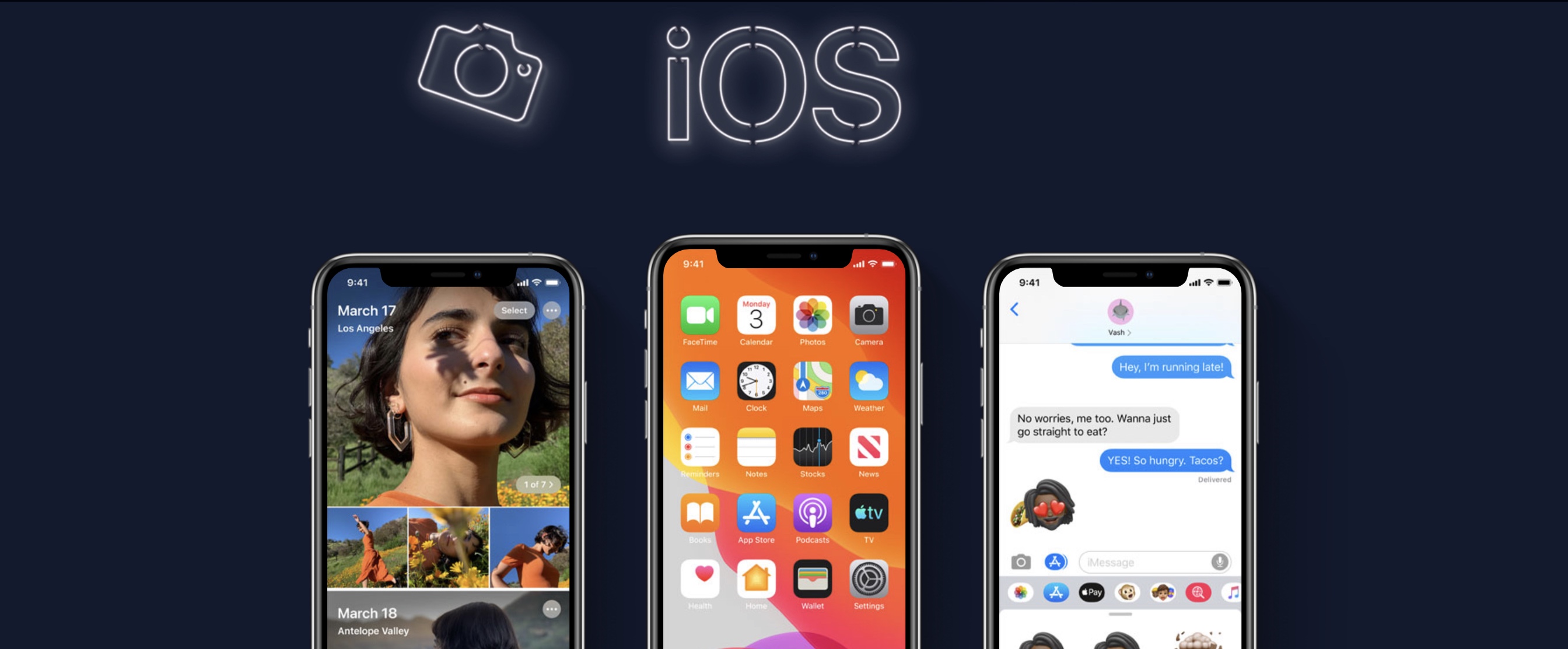So #WWDC19 started yesterday and its keynote address introduced developers, press and the world to a wide array of new features (and a new fork of iOS called iPadOS). There were two announcements geared toward gaming: AR improvements and controller support for Apple Arcade.
In the AR space, the new developer kit for AR on iOS and iPadOS will include support for motion capture and something called “people occlusion:”
“AR content appears naturally in front of or behind people, enabling more immersive AR experiences and fun green-screen-like applications.”
Mojang did a demo of Minecraft Earth onstage where they showed the ability to zoom into a Minecraft world and essentially paste it onto your existing environment using AR mapping. The demo was performed on flat surfaces; no word if you can do this on uneven surfaces. Also unclear is the ability to traverse the world once zoomed in. They showed a developer peering down a hole, but not going down the stairs leading into the hole. I’m not entirely sold on this but I signed up for Minecraft Earth’s beta mode and I will be downloading iOS/iPadOS in July.
The other gaming feature announced was controller support for Xbox One S and PlayStation 4 DualShock gamepads. It is not specified whether this support is relegated to Apple Arcade, or is simply there for any iOS, iPadOS or macOS game that also offers controller support.
Either way, that’s huge – consumers won’t have to go out and purchase extra peripheries if they want to use a controller on their Apple products.
This is speculation, but: together with the announcement that iOS devices and iPads would be supporting USB peripheries, we might be able to choose whether we plug our controllers in or connect to them via Bluetooth.
No matter what, this opens the door pretty wide for what Apple products can do. (Oh and also there’s limited USB/Bluetooth mouse support via an accessibility feature in iOS 13 now, too)
As far as Apple Arcade is concerned, no word past what we already knew from March: over 100 games will be included in the subscription service, all games will be playable offline, and it will be available later this fall. Charitably that means September with new phone launch.
Conservative estimates might put Apple Arcade’s launch back even further, say October or even early November. Regardless, it’s clear why: a big part of Arcade’s existence likely hinges on Project Catalyst, formerly Marzipan.
Being able to take an existing iOS app and turn it into a macOS app classically wasn’t super easy. With Project Catalyst the process is greatly simplified. Xcode does most of the heavy lifting, with the caveat here being that only iPad apps will be able to make the transition.
That said, I would imagine this cuts down on the workload for developers somewhat: instead of having to have separate teams doing separate work in producing an app for tvOS, iOS and macOS separately, just have one team do one app for iOS and tvOS, then tweak the Mac app.
There’s more thoughts there, but mostly what I took away from the keynote this year was this: Apple is moving toward a unified theory of hardware, software and services. They want their products to be a singular Product, a little black box capable of doing literally anything.
In the future, Apple would like you to functionally be unable to tell the difference between the devices you’re using. Rather than think of all your products as separate and distinct, they want you to be able to go from iPad to MacBook and not even realize you changed devices.
In addition, Apple clearly would prefer if none of us use other devices or services. When your Apple Ecosystem is your planner, your exercise reminder, your game console, your entertainment system, and your literal digital fantasy world come to life, why would we need any others? That sounds… unsettling at best, and if you felt like that as well that’s totally fair. I would point out before too much shade is thrown at Apple that this is essentially what Google wants to do with Stadia, and maybe what Oculus wants to do with Quest. For the sake of narrow argument, all I’ll say is that I might prefer the ubiquitous black box of monotony to come from Apple than Google or Facebook/Oculus. Apple has a stronger existing hardware ecosystem, and there’s a much more robust culture of privacy at Big Fruit.
Where does that leave consoles? And what about storefronts like Steam and Epic Games? Well, we already know that Sony partnered with Microsoft to utilize Azure as its next-gen cloud service, but until E3 we’re not sure what that means for either company’s gaming divisions. Epic will still likely be the place for goofy exclusives, Steam will still likely be the place for absolutely asinine sales, so not much will change there. But it’s almost like everything will change at the same time.
Tomorrow: a look at #Destiny2 Season of Opulence, a piece on Outer Wilds and more.
